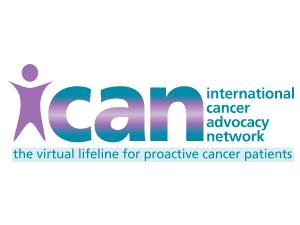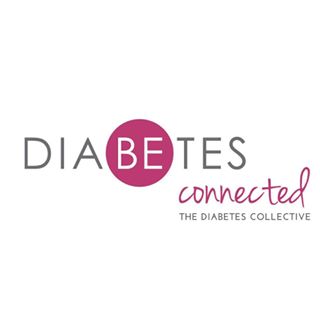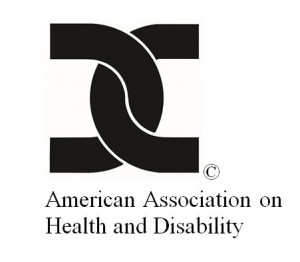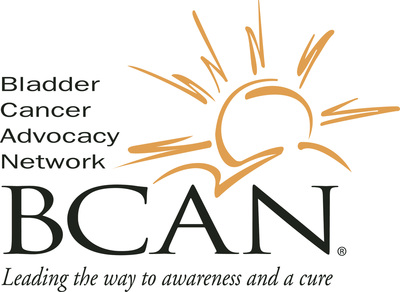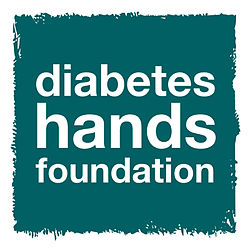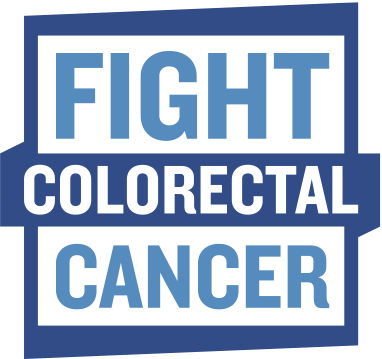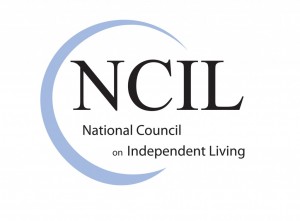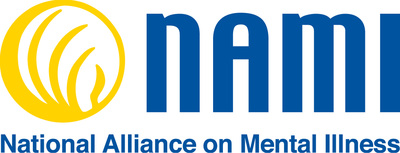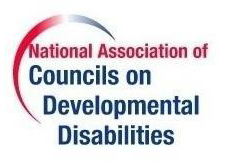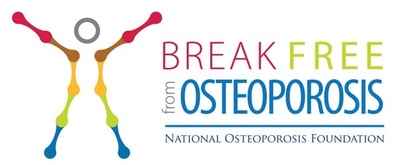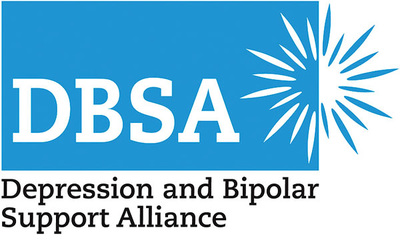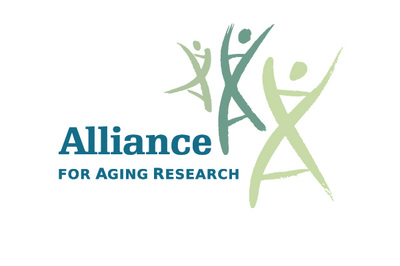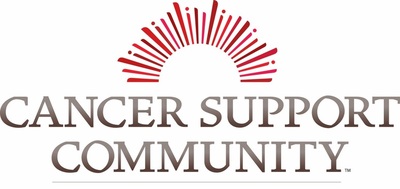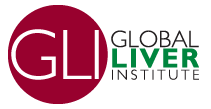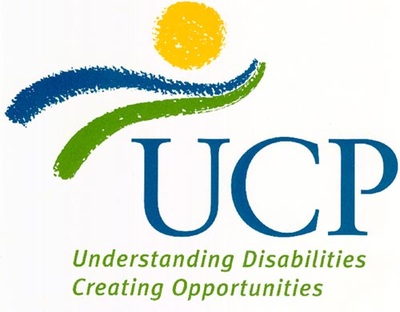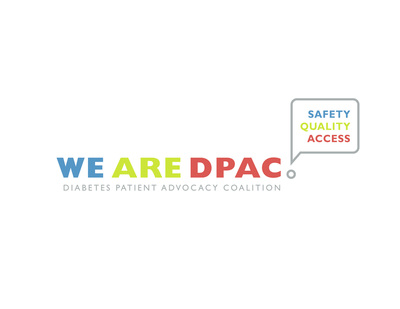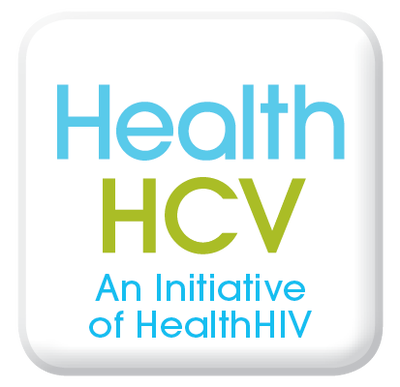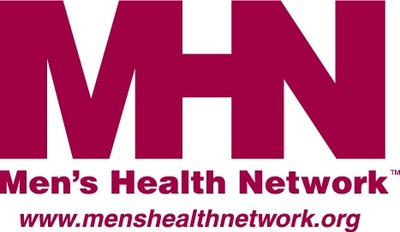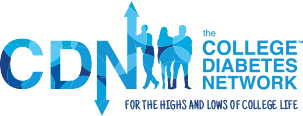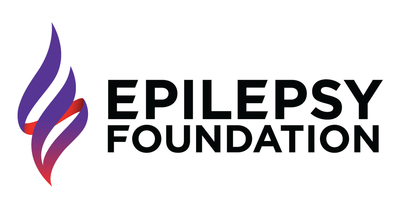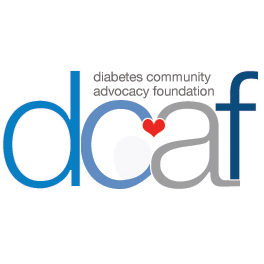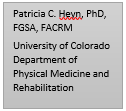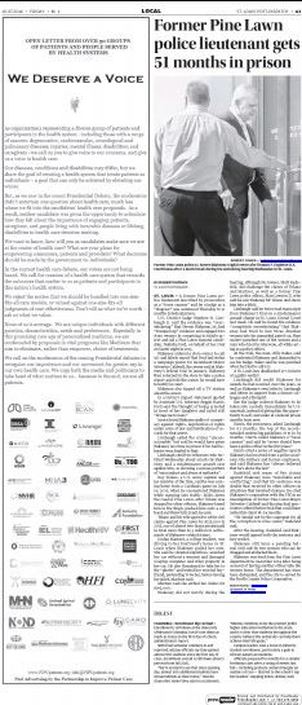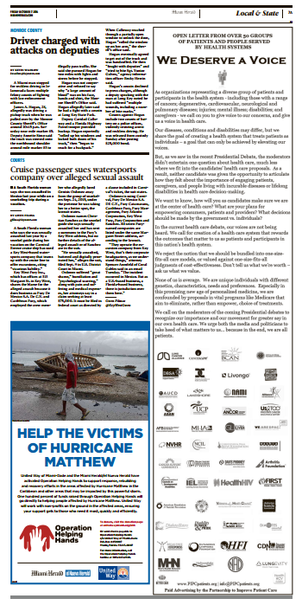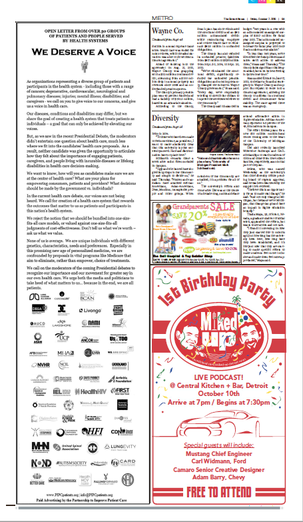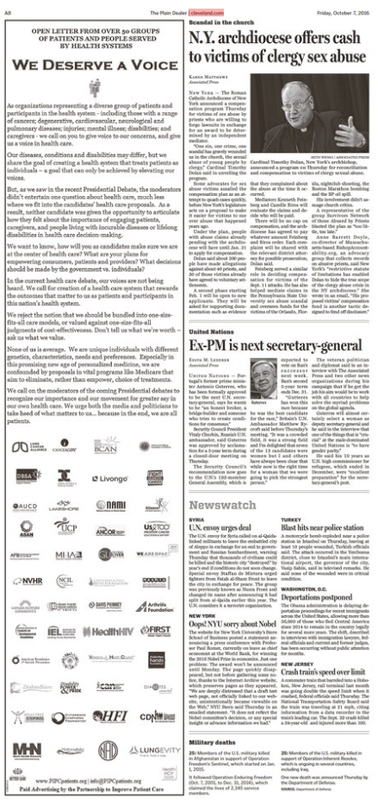Open Letter from Over 60 Groups of Patients and People Served by Health Systems
We Deserve a Voice
As organizations representing a diverse group of patients and participants in the health system - including those with a range of cancers; degenerative, cardiovascular, neurological and pulmonary diseases; injuries; mental illness; disabilities; and caregivers - we call on you to give voice to our concerns, and give us a voice in health care.
Our diseases, conditions and disabilities may differ, but we share the goal of creating a health system that treats patients as individuals – a goal that can only be achieved by elevating our voices.
But, as we saw in the recent Presidential Debate, the moderators didn’t entertain one question about health care, much less where we fit into the candidates’ health care proposals. As a result, neither candidate was given the opportunity to articulate how they felt about the importance of engaging patients, caregivers, and people living with incurable diseases or lifelong disabilities in health care decision-making.
We want to know, how will you as candidates make sure we are at the center of health care? What are your plans for empowering consumers, patients and providers? What decisions should be made by the government vs. individuals?
In the current health care debate, our voices are not being heard. We call for creation of a health care system that rewards the outcomes that matter to us as patients and participants in this nation’s health system.
We reject the notion that we should be bundled into one-size-fits-all care models, or valued against one-size-fits-all judgments of cost-effectiveness. Don’t tell us what we’re worth – ask us what we value.
None of us is average. We are unique individuals with different genetics, characteristics, needs and preferences. Especially in this promising new age of personalized medicine, we are confounded by proposals in vital programs like Medicare that aim to eliminate, rather than empower, choice of treatments.
We call on the moderators of the coming Presidential debates to recognize our importance and our movement for greater say in our own health care. We urge both the media and politicians to take heed of what matters to us… because in the end, we are all patients.
Our diseases, conditions and disabilities may differ, but we share the goal of creating a health system that treats patients as individuals – a goal that can only be achieved by elevating our voices.
But, as we saw in the recent Presidential Debate, the moderators didn’t entertain one question about health care, much less where we fit into the candidates’ health care proposals. As a result, neither candidate was given the opportunity to articulate how they felt about the importance of engaging patients, caregivers, and people living with incurable diseases or lifelong disabilities in health care decision-making.
We want to know, how will you as candidates make sure we are at the center of health care? What are your plans for empowering consumers, patients and providers? What decisions should be made by the government vs. individuals?
In the current health care debate, our voices are not being heard. We call for creation of a health care system that rewards the outcomes that matter to us as patients and participants in this nation’s health system.
We reject the notion that we should be bundled into one-size-fits-all care models, or valued against one-size-fits-all judgments of cost-effectiveness. Don’t tell us what we’re worth – ask us what we value.
None of us is average. We are unique individuals with different genetics, characteristics, needs and preferences. Especially in this promising new age of personalized medicine, we are confounded by proposals in vital programs like Medicare that aim to eliminate, rather than empower, choice of treatments.
We call on the moderators of the coming Presidential debates to recognize our importance and our movement for greater say in our own health care. We urge both the media and politicians to take heed of what matters to us… because in the end, we are all patients.


